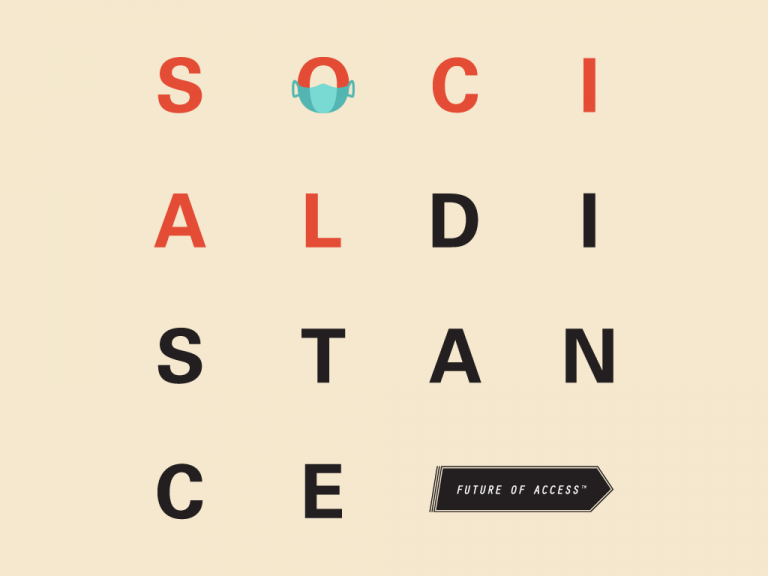April 28, 2020
Blog
Mapping the Future of Access
By Dominique McDuffie
On Friday of the week before last, we hosted our second Future of Access meeting with our partners. Led by Nanotronics, the meeting gathered a group of individuals who are passionate about helping their immediate communities. The discussion—fittingly a Zoom chatroom, rather than a roundtable—revolved around the stark disparity caused by the digital divide. Teachers struggle to close this division as classes shift to virtual learning.
Attendees included Topaz Smith from EN Noble; Wandy Chang from Brooklyn Tech, Dr. Antoinette Roberson Medgar Evers College; Shawn Landry from the Liberty Partnerships Program, College of Staten Island, A Season for Nonviolence; Ebony Wiggins from BNY Workforce Development; Executive Superintendent Karen Watts of Brooklyn North School District; Ursula Koffer, director of the School for Mindful Inquiry and District 15 Representative; John Monahan, a teacher representing the Baltimore District; Jared Giles from the STEAM Center; and Shay Saleem from Goals for Girls, a program at the Intrepid Museum.
In our conversation, we took measure of the immediate needs of students and teachers during this period of social distancing. Access to technology and the inequality of access feel more urgent than ever. Many teachers expressed the need for high-speed internet connections, tablets, and other devices and resources for their students.
COVID-19 has accentuated the adversities students face. Teachers struggle to sustain social and emotional connection in online chatrooms. Both students and teachers miss the familiarity and community of being face-to-face in the classroom.
Under quarantine, an internet connection and a laptop can mean the difference between access to valuable health information and remote learning opportunities—and isolation, falling behind in schoolwork, and disconnection from one’s peers.
The families who were already struggling are the hardest hit by the economic repercussions COVID-19. As many parents face losing their livelihoods, children are overwhelmed by uncertainty. Teachers and school staff are reaching out with support and encouragement, calling students at home to check in as often as they can and creating grassroots initiatives to deliver supplies to students and their families.
We are continually impressed by the ability of community leaders and teachers to evolve in times of need, by their flexibility, and their dedication. We asked: How can we help students? How can society streamline access in times of upheaval? How can we strategize with policy makers and businesses to help shore up the infrastructure? How do we define Universal Basic Infrastructure? How can our partnerships help improve the evolving learning experience for students?
It is paramount to sustain a dialogue between students, teachers, and the surrounding community. Together, we outlined a project to keep outreach and resources flowing to those in need.
Helmed by Nanotronics’ Future of Access team, the Mentor Advisory Program (M.A.P.) will address infrastructural development and the access divide from the point of view of middle school, high school, and college students. The project will allow students to narrate their own stories, mapping the changes they want to see.
Students will identify problems, gather data, and explore solutions while engaging with each other and the wider community. Mentors will offer time, technology, resources, empowerment, and expertise, guiding students through their research and prototyping.
During uncertain times, students need a measure of control, the ability to have their voices heard, and the opportunity to become directors of their own futures. We want to help students rewrite all of our futures for the better.
In closing, we would like to thank all of the mentors and partners involved in last week’s Future of Access roundtable. We are humbled and inspired to be part of this community and cannot wait to tackle the next steps with you.
Brooklyn Technology High School

